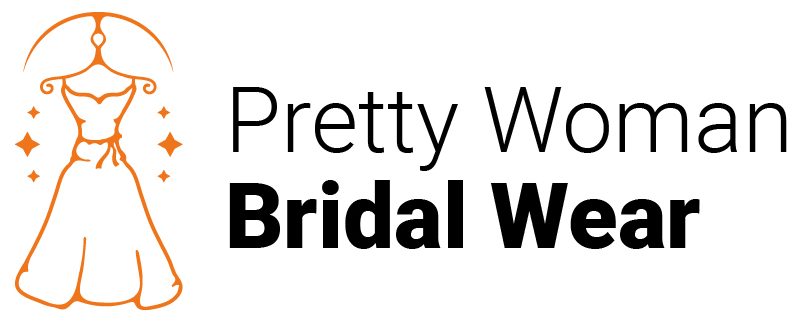In England and Wales, it’s been exactly one year since the civil partnership was introduced. This major change in the legal status of lesbians, gays, and bisexuals in the UK has been described as a transformational event.
What impact, if any, has the right to enter into a civil partnership or marriage had on lesbians and gay couples? And why is it that the initial adoption of same-sex weddings has been so low initially?
I interviewed same-sex couples from the UK, US, and Canada to find out about their experiences of marriage and civil partnerships. In all three countries, I was reminded that the gap between social and legal equality is still very large.
Breakthrough
All the couples I spoke to were in favor of the legal rights that accompany marriage and civil partnerships, particularly the rights of the next of kin.
Couples with kids also stated that marriage or civil partnership made them feel more recognized as a family because they had a legal status that people could relate to. It was the same in commercial and public service settings. For example, in health and social services, a legal status gave a feeling of legitimacy and priority to partners who are of the same gender.
Marriage and civil partnerships have had a profound impact on the family and community. Weddings and civil partnerships have given family members, friends, neighbors, and colleagues the opportunity to recognize gay and lesbian relationships.
Couples who participated in the study often felt great satisfaction as it confirmed and cemented their status as a married couple among their social network.
This is not the whole story. The wedding or civil partnership ceremony for many couples was bittersweet, as it brought difficult family relations to a head and reminded same-sex couples they couldn’t expect to be treated equally despite their newly legal status.
Reality Check
Families were not shy about boycotting a wedding. One couple’s marriage was deemed inappropriate by their entire family. Some families were able to tolerate the idea of a relationship between same-sex partners, but having to appear at town hall to look as if they were enjoying themselves was too much for them.
The research interviews were filled with negative reactions, which elicited complex emotions such as anger, resentment, and despair over the prospects of achieving equality.
Even more, unpredictability was experienced when dealing with service providers, such as caterers, jewelers and local authority registrars. When arranging a wedding or purchasing rings, you had to approach strangers. You could be met with anything from ecstatic acceptance to icy indifference.
Most couples find themselves in a new social situation when they get married or form a civil partnership. They are now labelled as a same-sex pair. For some, this was liberating or even exciting. But for others, it brought home the reality of the promises made regarding the transformative power of marriage and civil partnership.
Contrary to expectations of equality, couples’ experiences of marriage or civil partnerships often brought them face-to-face with their differences and revealed the limitations of accepting others. It brought up mixed emotions over what should have been a positive and significant milestone in the lives of these couples.
Still a long way to go
Initial statistics for same-sex marriages in England and Wales showed a low uptake, with 1,400 couples getting married during the first 3 months. David Cameron might wonder why he chose to fight with a significant number of his party members on an issue that seemed symbolic.
The initial figures may not reflect the demand for marriages of same-sex couples in the future, in part because many of the same-sex couples that would have been married in March 2014 already had civil partnerships. It will be clearer in 2015 when we learn how many couples decided to convert from civil partnerships to marriages. This option is only available since December 2014! After all, the number of civil partnerships was higher than initial government predictions.
It’s obvious that the time for legal recognition of lesbian and homosexual couples has arrived. Italy has become an increasingly isolated country in Western Europe that does not recognize same-sex marriages. This is the reason for Domenico Dolce’s and Stefano Gabbana’s recent ill-advised comments about lesbian and gay families and their children being called “synthetic“.
The UK also has a way to go – and British politicians from all parties need to be modest in their claims about sexual equality. On paper, the UK seems to be a great place for gays, lesbians, and bisexuals, although same-sex weddings are still a political dream in Northern Ireland.
Prejudice and discrimination still affect far too many lives. This is also true, as I discovered in my research, for the experiences of lesbian and homosexual couples when it comes to marriage and civil partnerships. Legal reform is only a first step towards equality. It’s not the end.
One year later, we can raise a glass in celebration of same-sex unions, but we should not forget the challenges ahead to achieve real, everyday equality.



